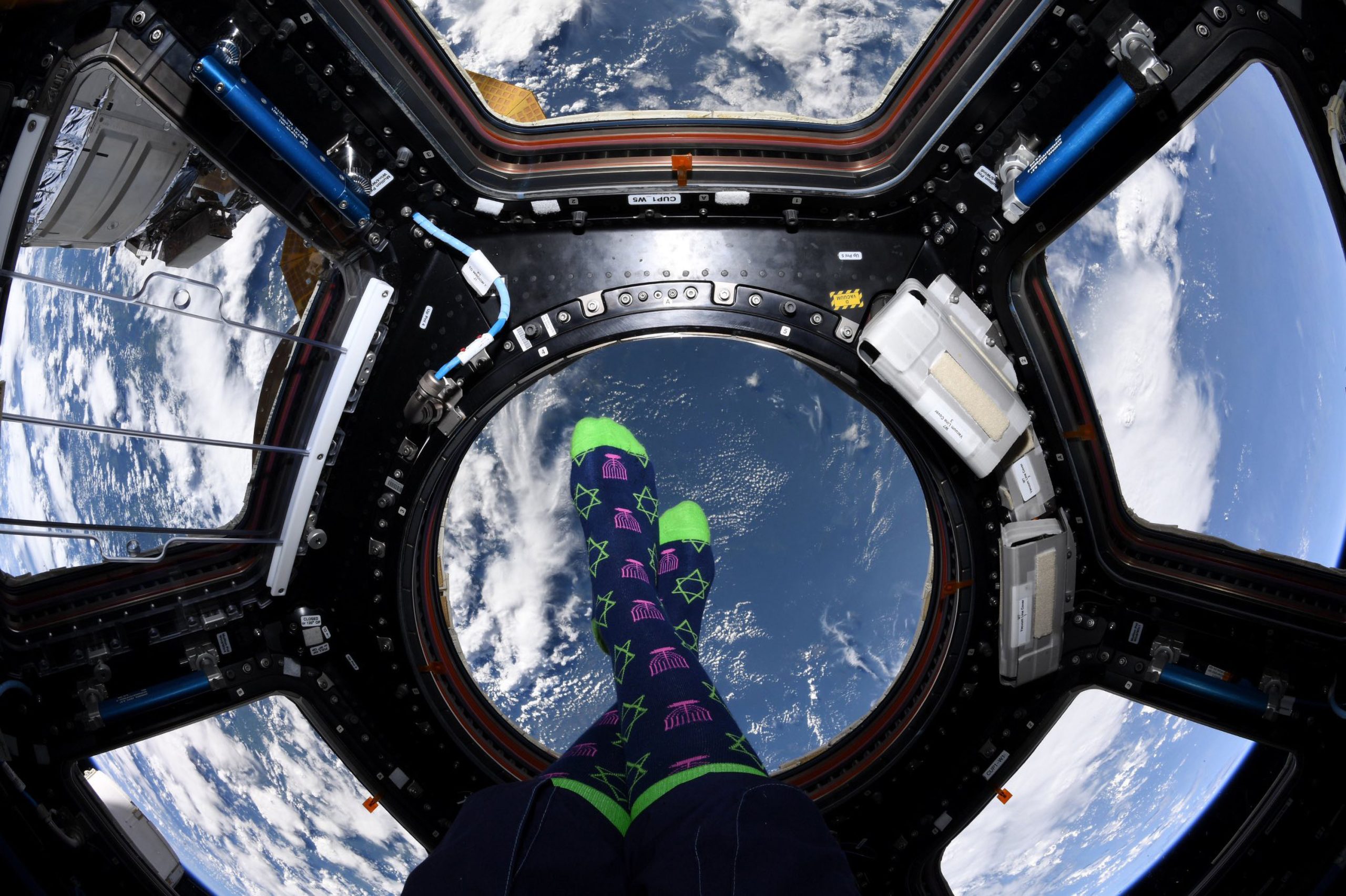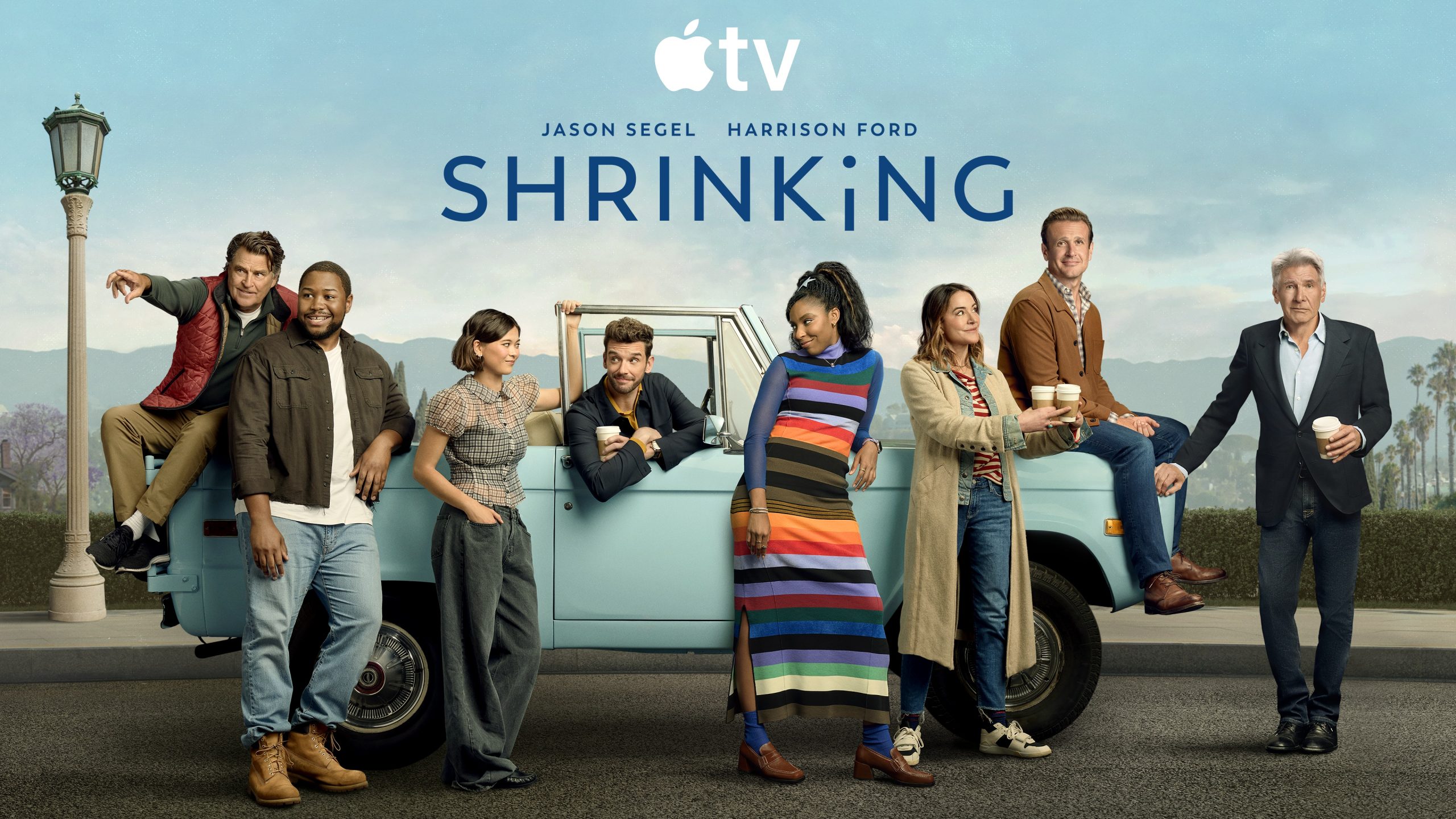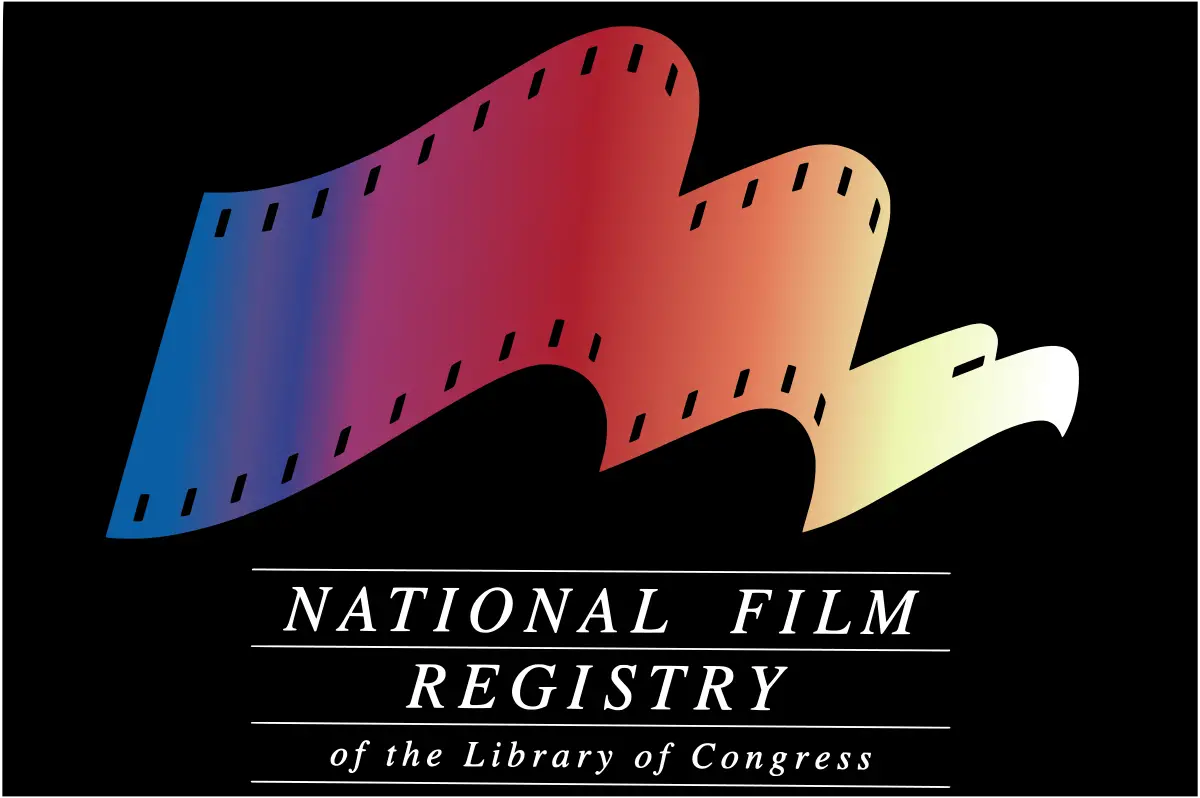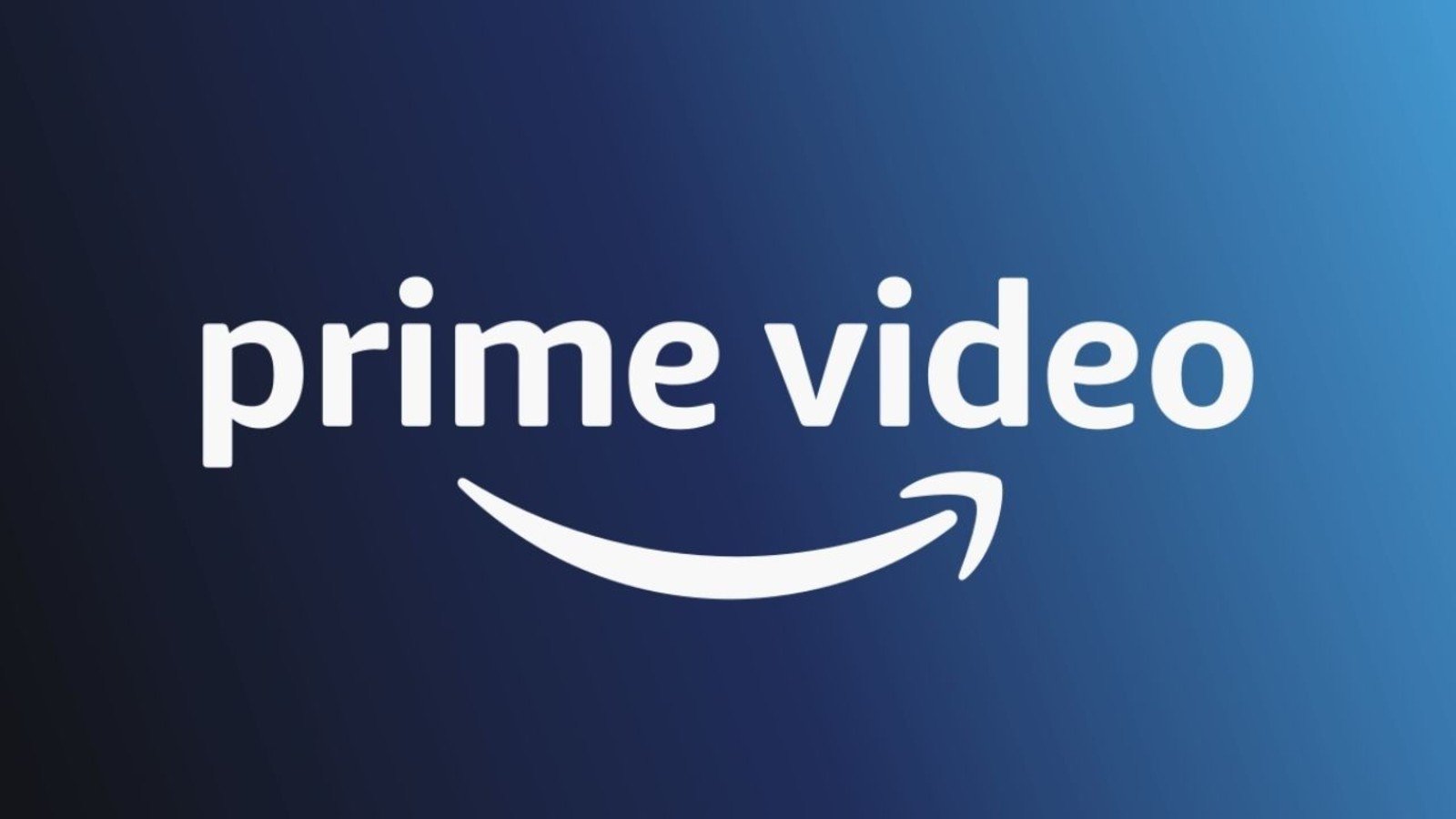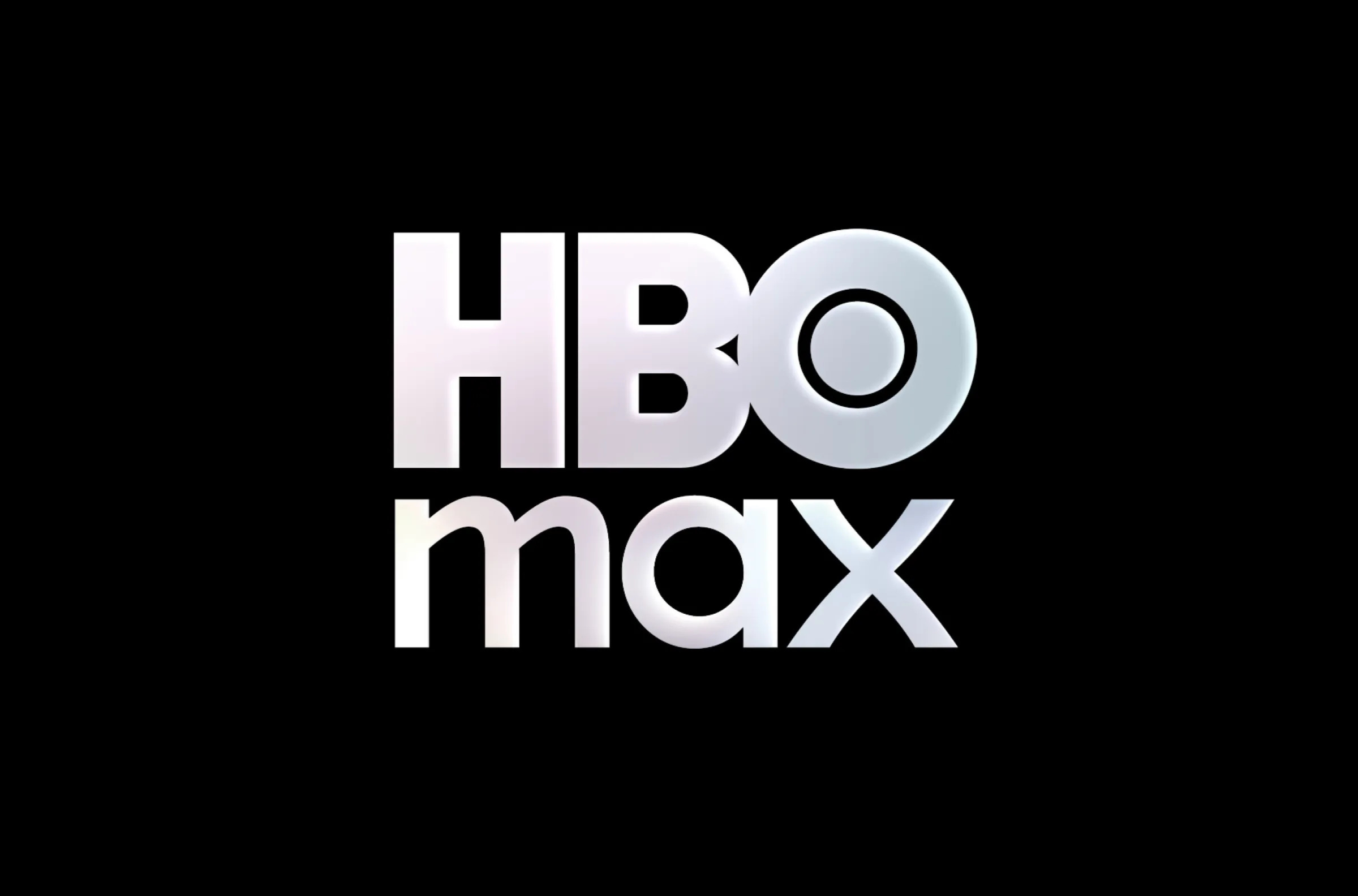
Alexis Bloom took some time to discuss The Bibi Files, a new documentary about Israeli prime minister Benjamin Netanyahu’s corruption case. Bloom will be on hand for Q&A screenings on December 11 and 12 at the IFC Film Center. Liev Schreiber will moderate the Q&A following the 6:45 PM screening on December 12.
As one could probably imagine, it was a challenge to get The Bibi Files off the ground. For one, there were people that would not fun the film because they did not want to wade into controversy. While Bloom was able to get people to appear on camera, several others would only agree to talk off-the-record. Another challenge was finding distribution–as Bloom tells Solzy at the Movies, political films are not streamer-friendly at the moment. But beyond that, how do you make hours upon hours of interrogation footage into a film that is accessible for audiences? It’s not easy but luckily, filmmakers were able to find people that could add context to the interrogation footage.
The New York release and VOD release comes as Netanyahu finally took the stand after years of delays. It will be available to stream for $12 on Jolt through March 16, 2025.

It’s so nice to meet you today. How are you doing?
Alexis Bloom: I’m fine, thank you. How are you?
I’m doing well. It’s been a busy morning. How did you first become involved with The Bibi Files?
Alexis Bloom: I was approached in the summer of 2023 by Alex Gibney, who said that he had been leaked a cache of interrogation videos and would I be interested in looking at them, making sense of them, and seeing if there was a film there. I said, Of course, I would, yeah. When Alex calls you, you pay attention, and I said, yes.
The video footage of Bibi is rather damning and sad that it will probably never see the light of day in Israel. What were the challenges that came in narrowing down the footage to use?
Alexis Bloom: Well, the challenges were that an international audience isn’t familiar with this cast of characters. They’re familiar with Benjamin Netanyahu, but even Sara and Yair, they probably don’t know. All the inner circle—it’s a lot of Hebrew names that nobody knows, nobody is familiar with. It’s a lot of storylines that they don’t know. The challenge was trying to narrow it down in a way that made it accessible and intelligible to an international audience That was the challenge. It’s just trying to narrow it down because there was so much there. There was a whole other case—another corruption case—that we didn’t have time to go into.
I smell a sequel.
Alexis Bloom: Yeah, if you can fund it, I’ll do it.
When it came to finding interview subjects, were there people who refused to be interviewed on camera?
Alexis Bloom: I spoke to a lot of people who wanted to remain off the record, yes. For all the people who agreed to participate, there were many who were very willing to talk to me off the record, but didn’t want to go on camera. Those are very valuable conversations to have, too. Sometimes, people say things privately—that are true, informative, and help you understand the situation—that they wouldn’t feel comfortable saying publicly. For somebody who is not Israeli, having those off-the-record conversations was massively important. I did hope that some would go on camera and they didn’t. But luckily, we had enough insightful, intelligent people who did agree to participate.
The most sobering and possibly even powerful moment that I found in the film was when the subject turned to October 7 and you’re seeing interviewees sitting and looking at the camera in silence. Can you talk about this and the audience response you’ve gotten, if anything, about this segment in general?
Alexis Bloom: In the audiences, all physically tense up in October 7. It’s like the air sucked out of the room. We come out of this world of corruption, interrogation, and the past into more the present, and it’s a big shift in the film. We decided to play the audio of October 7 over our subjects sitting there because there’s nothing that they can say, really, that adequately describes, I think, the pain that they’re living right now.
What about the audience reception in general? I say this as someone who thinks the film is neither antisemitic or anti-Zionist. If anything, I find it anti-Bibi and anti-Kahanist.
Alexis Bloom: Well, luckily, we’ve been fortunate in that I haven’t had anybody of being antisemitic or anti-Israel. I think that if you don’t see the film and you’re sensitive to these charges, it could be something you’re concerned about, but nobody has said that to us. I knew I had to thread the needle carefully, but everybody in this film is Israeli, so if you were to say it’s an anti-Jewish film or an anti-Israeli film, it would be almost an impossible position to defend because everyone in this film is Israeli. You would say that 70% of the population is anti-Israel because there have been recent polls done where 70% of the people want Bibi out. I think it’s really important for people to remember that Netanyahu is not Israel and Netanyahu is not Judaism. He’s a politician.
Have there been protests at any screenings?
Alexis Bloom: No, there haven’t. There have been people outside the screenings with signs about the hostages, saying bring them home. But so far, there haven’t been other protests, no.
I’ve heard of instances where any films related to Israel in general—people are trying to get those shut down.
Alexis Bloom: No, no, that’s not been our experience.
That’s good to hear. What I found fascinating is how there’s this history of Bibi throwing people under the bus and we’re seeing it happening again with someone in the PMO office that got arrested after leaking of intelligence documents.
Alexis Bloom: Right. Yeah. Bibi burns through people pretty quickly. That’s the nature of his power.
What was the most challenging aspect of the production?
Alexis Bloom: I don’t know what the most challenging was, but it was certainly challenging to make a movie half in a language that you don’t understand. That was very challenging. I was lucky. I had a lot of great colleagues. People were very committed—Israelis were very committed to help me tell the story. Whether it’s Raviv Drucker, who’s in the film, or my Hebrew-speaking editor, Halil Efrat, or our assistant editor, who spoke Hebrew, people were motivated to help. We overcame those challenges, but legally, it was also tricky. There were a lot of challenges in this film—people not wanting to fund the film. It was a tricky film to fund because people didn’t want to wade into a controversy. We had people who promised money, who then got cold feet, I can’t publicly be associated with this. I would say it was pretty challenging from start to finish. The pressure of getting it right was also—I felt acutely, but we were very, I say this genuinely, so lucky to have people collaborating who were very committed to the project. Alex Gibney is a great producer to have on a tough film like this.
If you all didn’t find distribution through Jolt, would you have looked at self-distributing it yourself?
Alexis Bloom: I don’t know. I mean, we did find distribution with Jolt. That was something we gladly did. There are a lot of films that are not finding distribution today that are really, really great films. It’s a crazy world. The Gotham Award for the best documentary went to a film called No Other Land, doesn’t have distribution. I saw this fantastic film called War Game, done by Tony Gerber and Jesse Moss, doesn’t have distribution. I don’t know why. I hope that Jolt grows and prospers and that we find a way around the algorithm—platforms telling us what we can and cannot see.
I’ve noticed this trend, especially when it comes to films about October 7. Distributors just don’t want to touch them. I think We Will Dance Again might be the only one that landed with a mainstream streamer on Paramount+.
Alexis Bloom: Yeah. Yeah. Well, it’s not only October 7. It’s any political film, I would say. Sorry, but politics is not streamer friendly right now.
What do you hope people take away from watching the film?
Alexis Bloom: I hope they understand that Israel is a sort of pluralist place, where there’s a lot of homegrown opposition to Netanyahu. It’s not a monolith. I hope they understand that one man’s personal corruption is responsible for a lot of bloodshed and that he needs to be replaced.
Thank you so much. It was so nice getting to talk with you this morning.
Alexis Bloom: Thank you for your support. Thanks very much.
The Bibi Files was released in LA on November 15, 2024 and both New York and Jolt on December 11, 2024.
Please subscribe to Dugout Dirt and Solzy on Buttondown.

